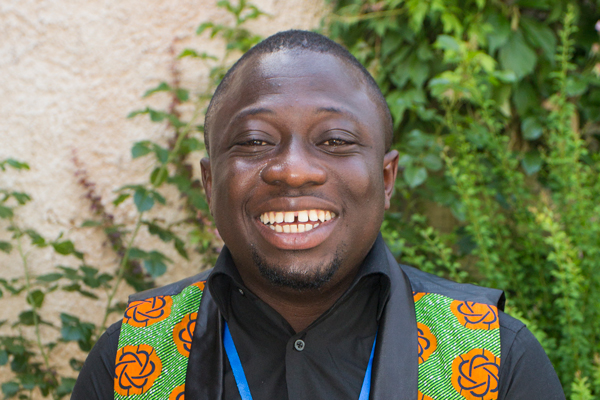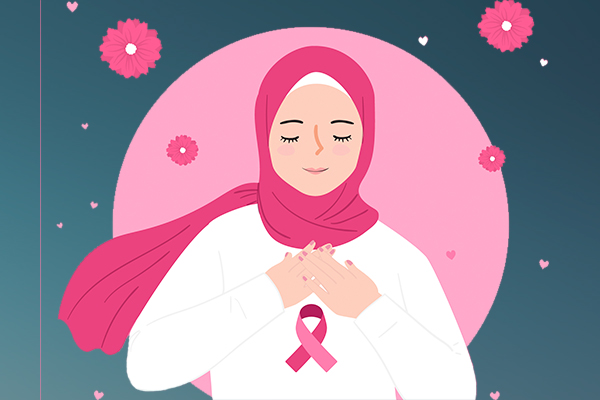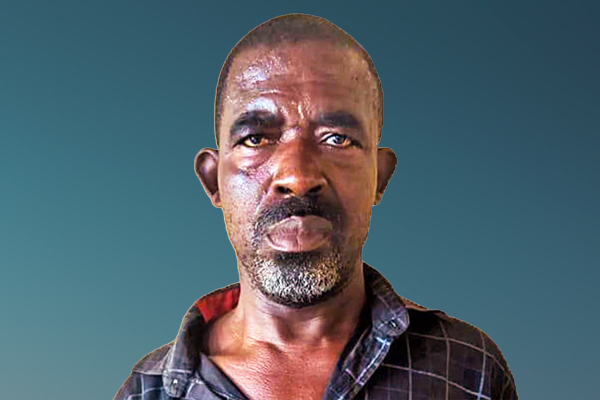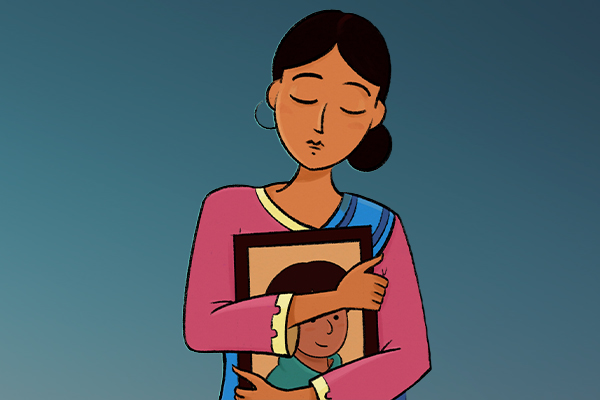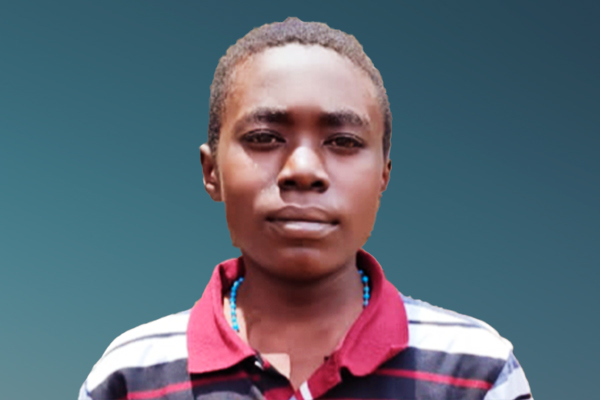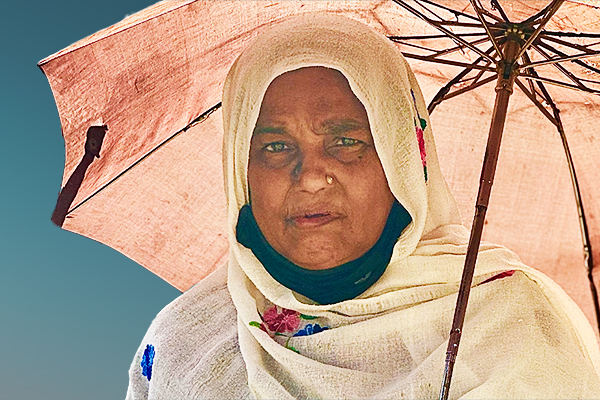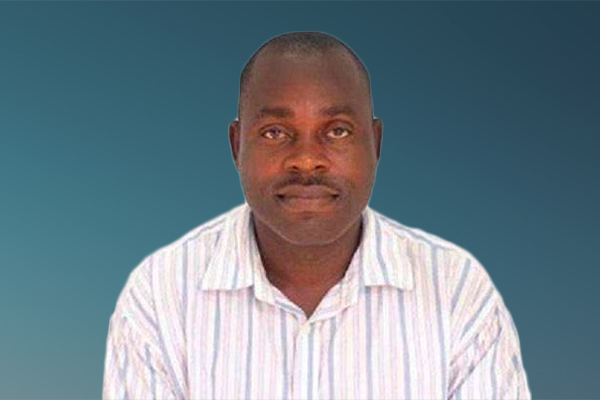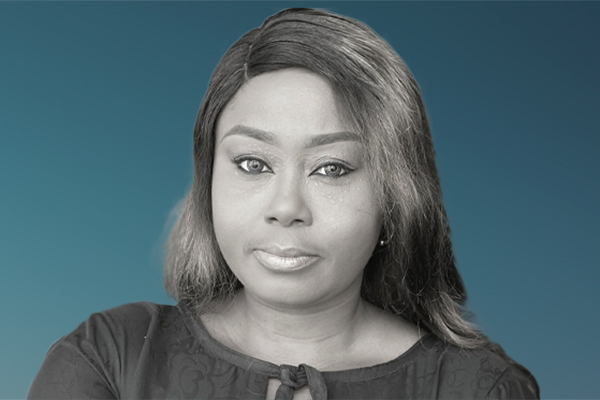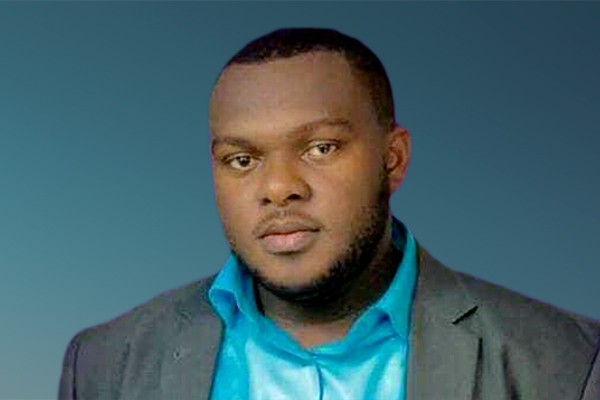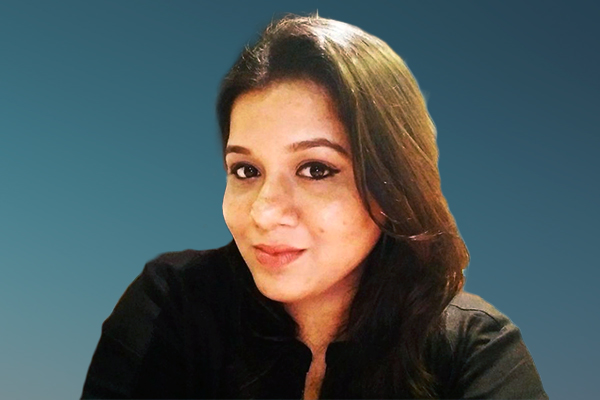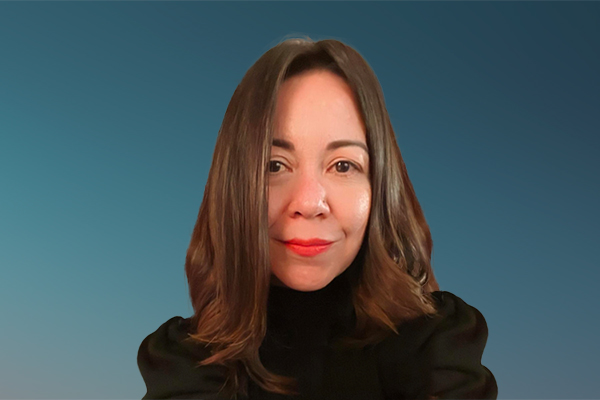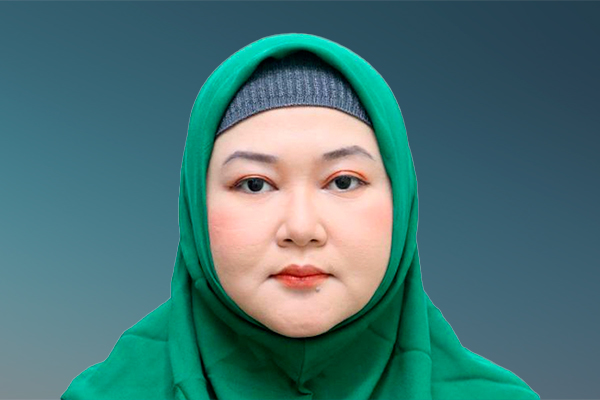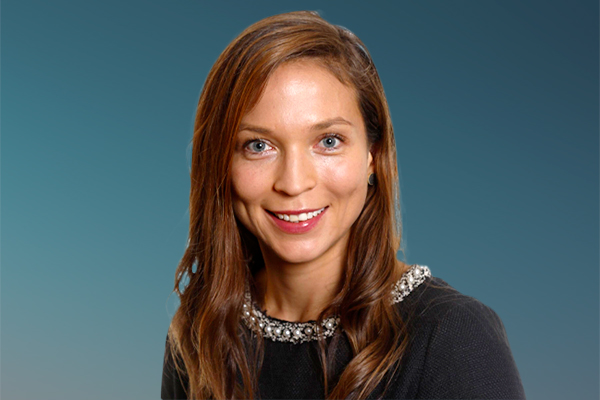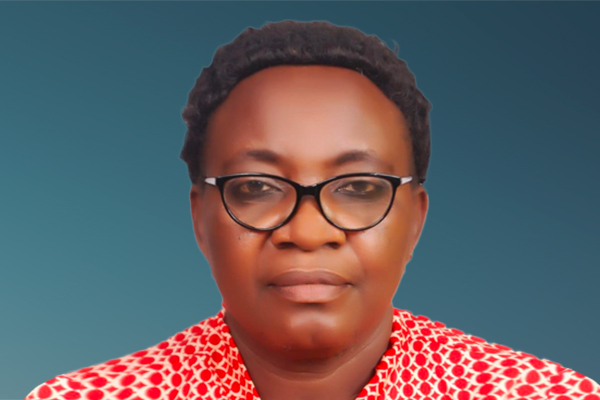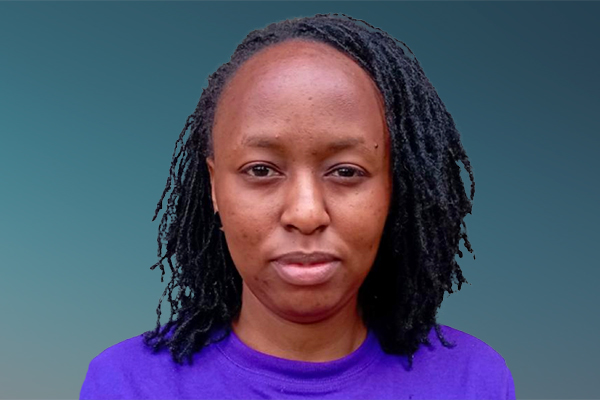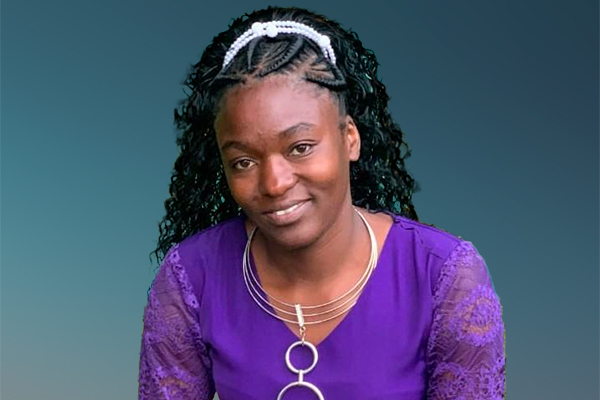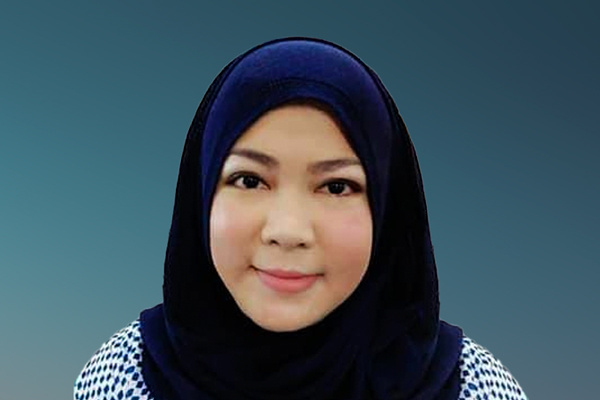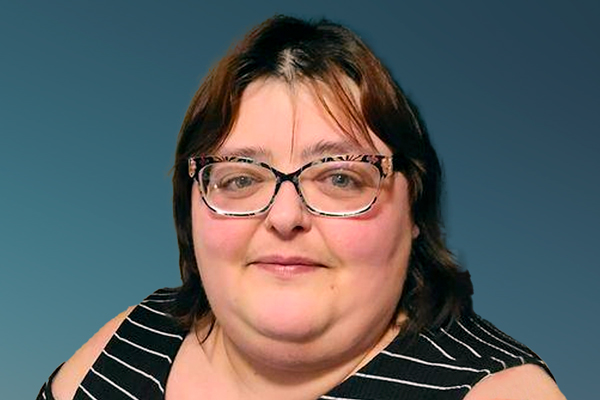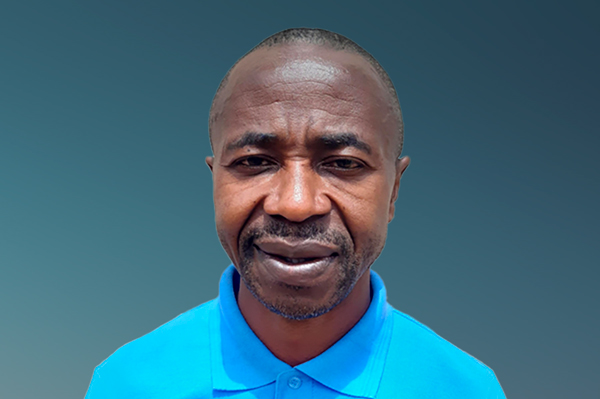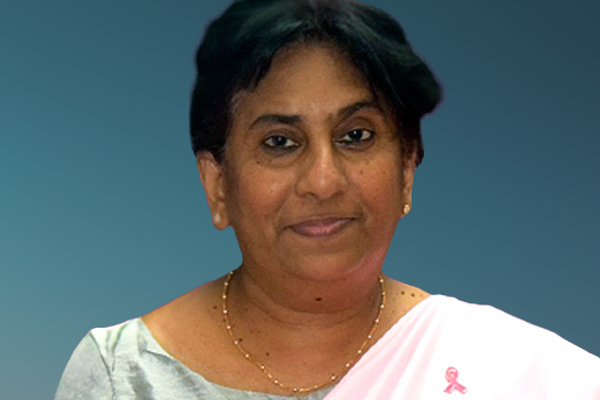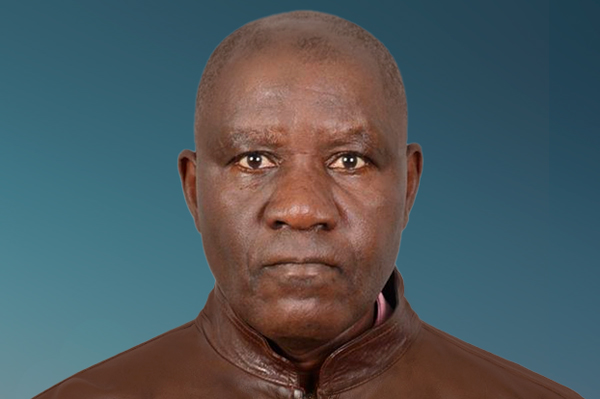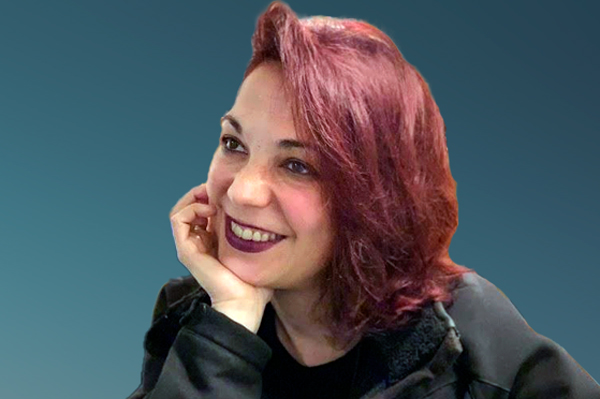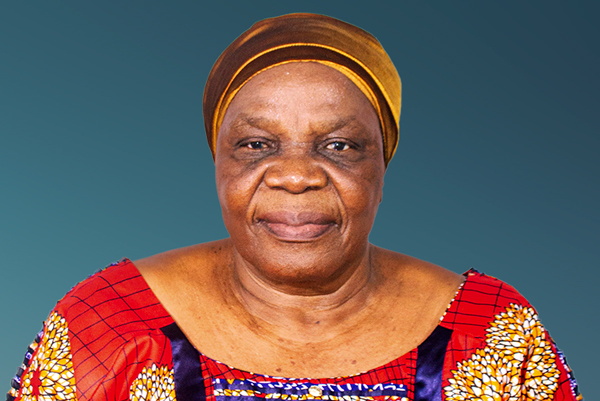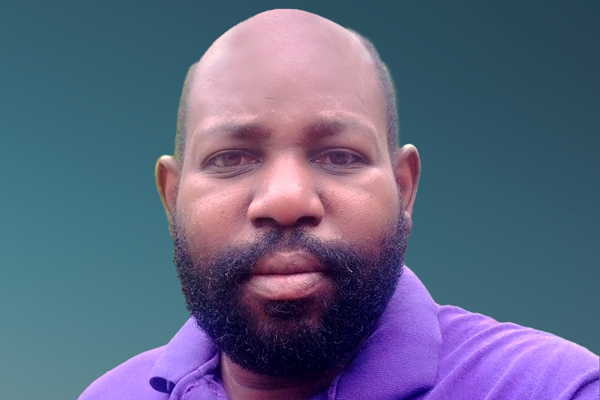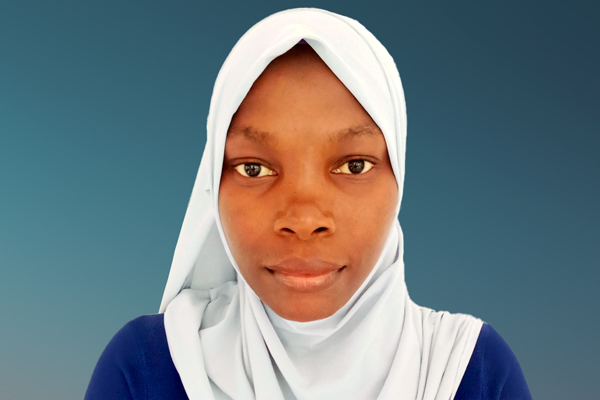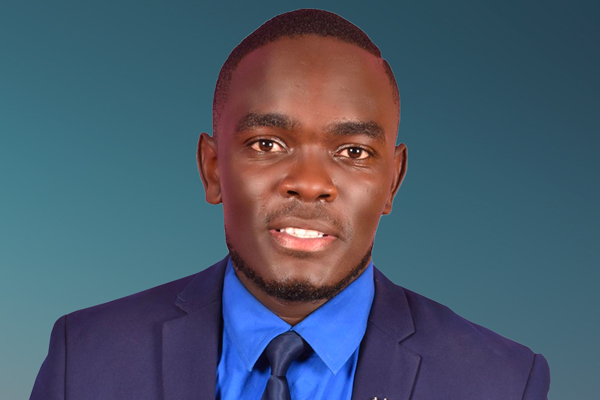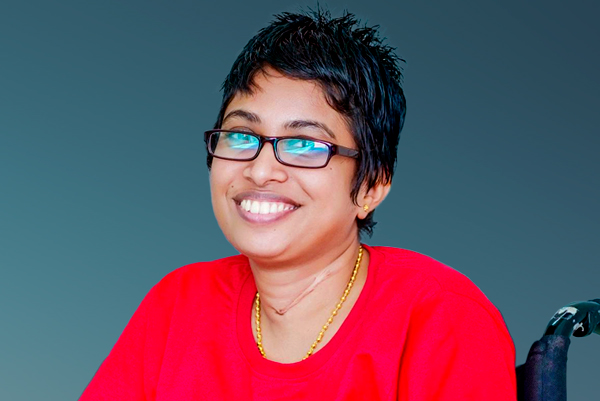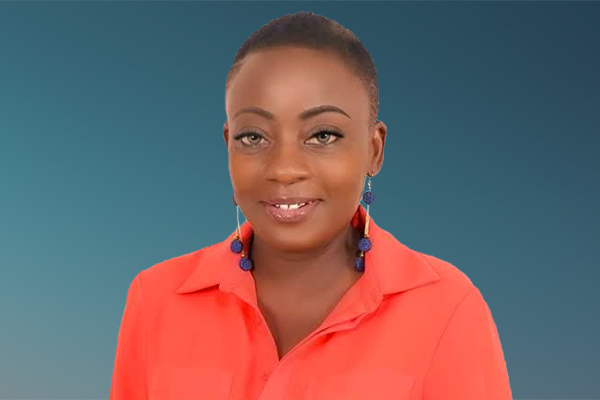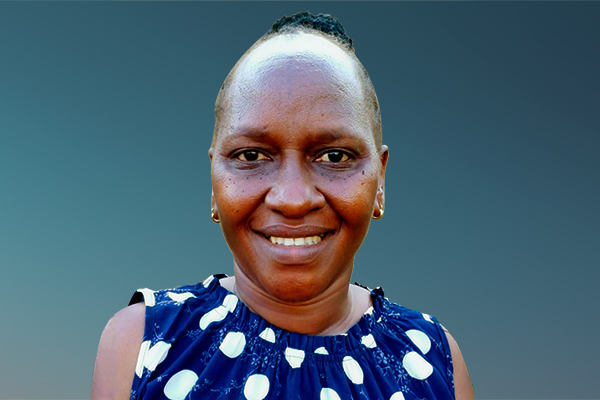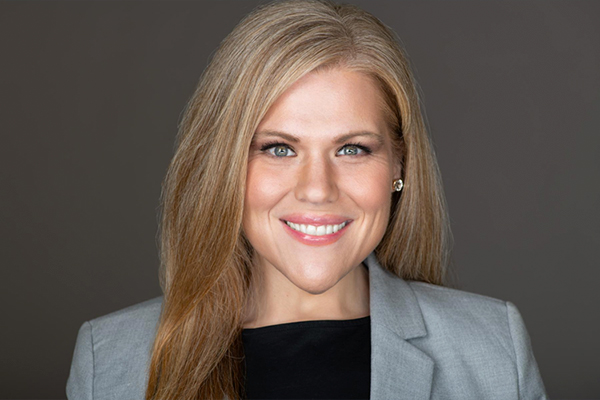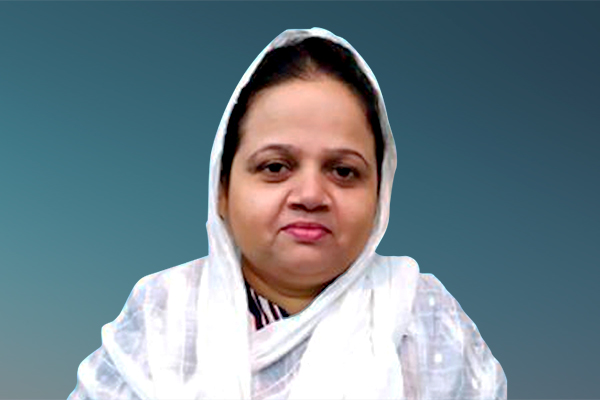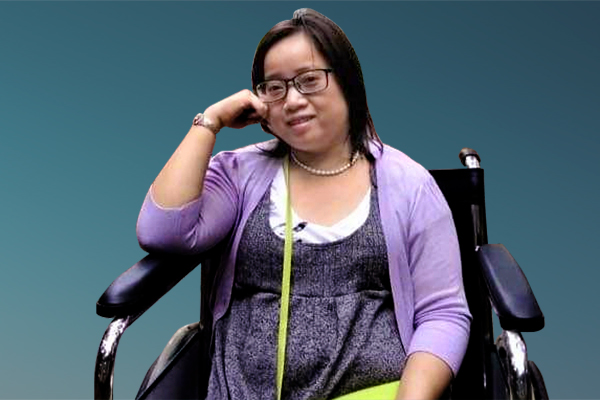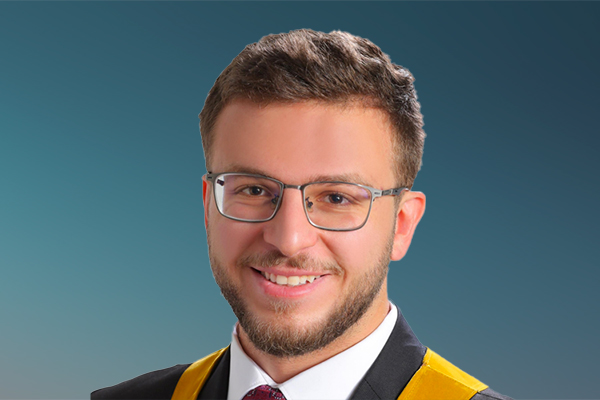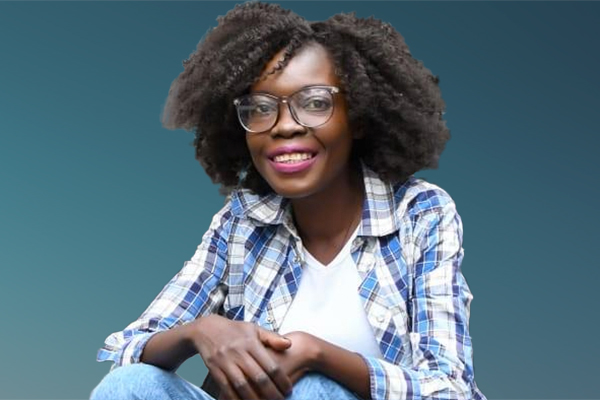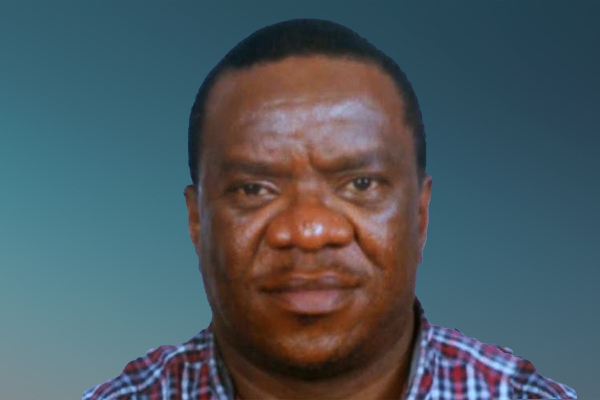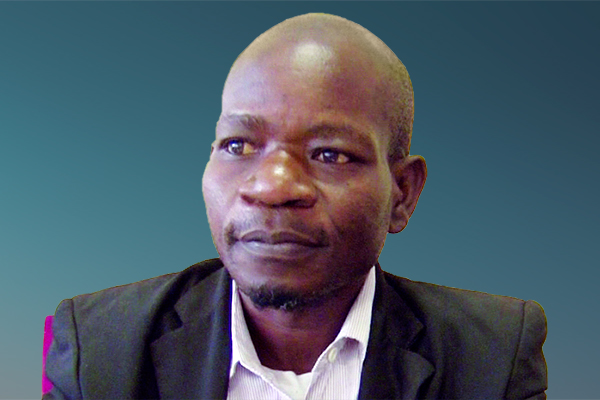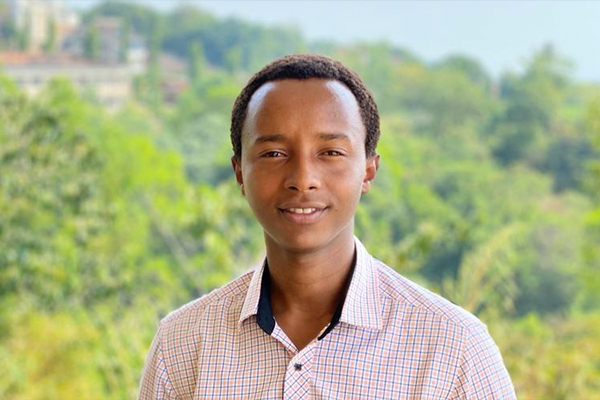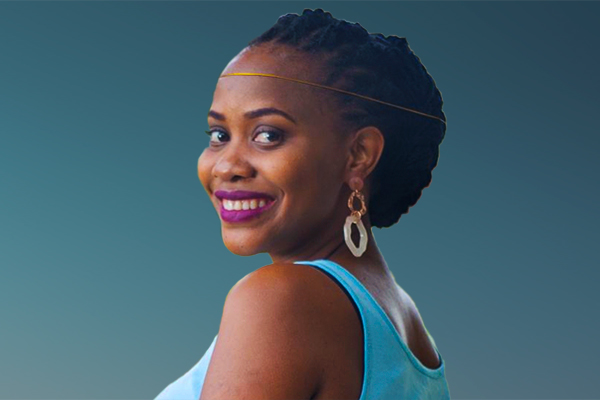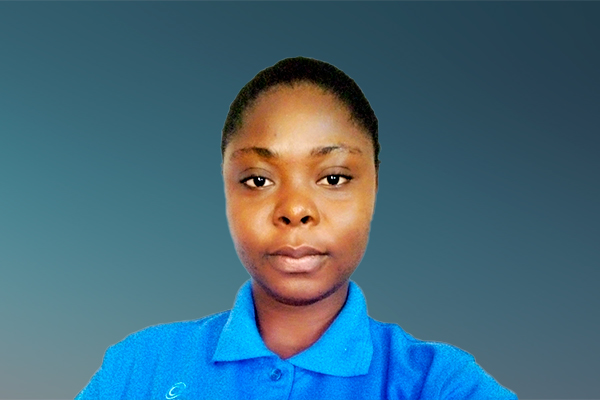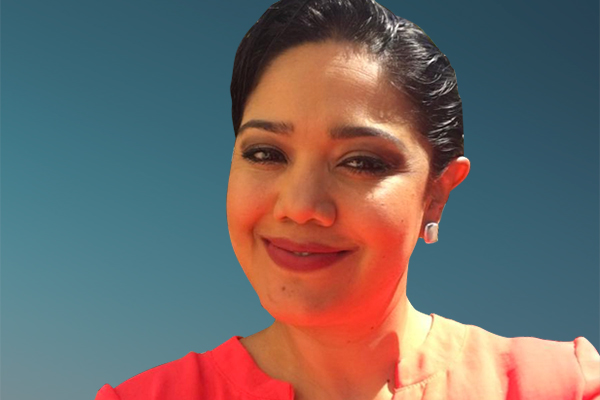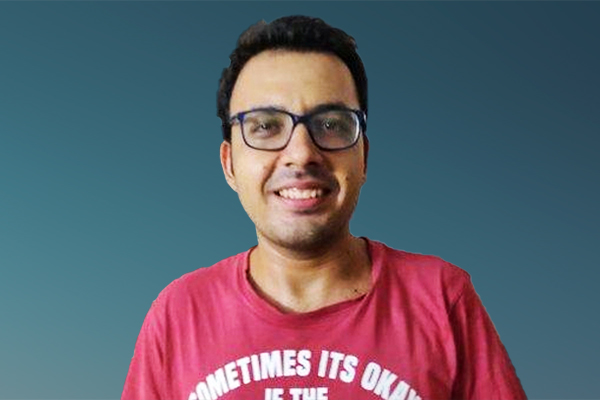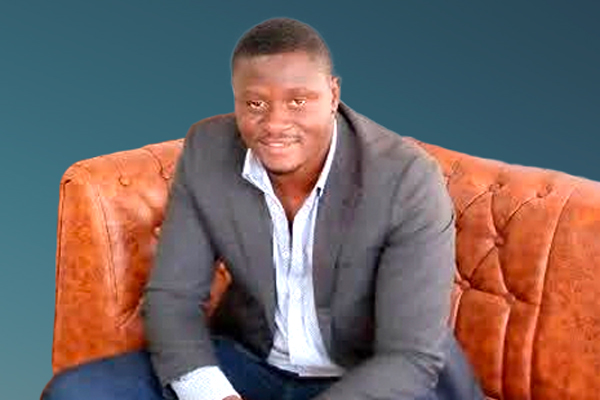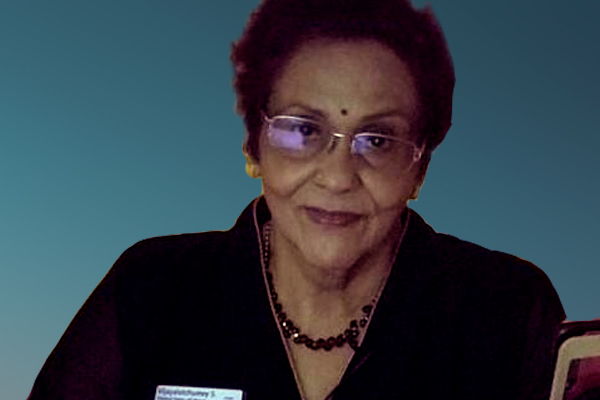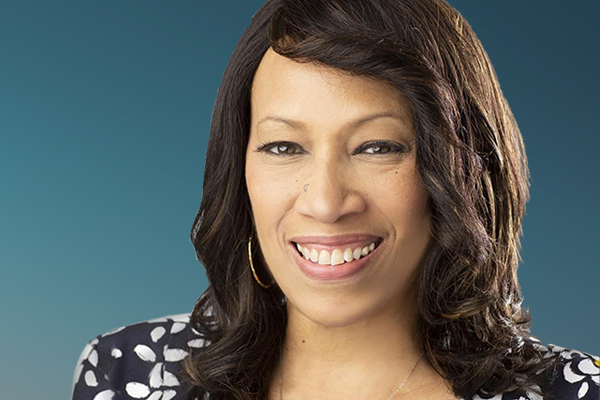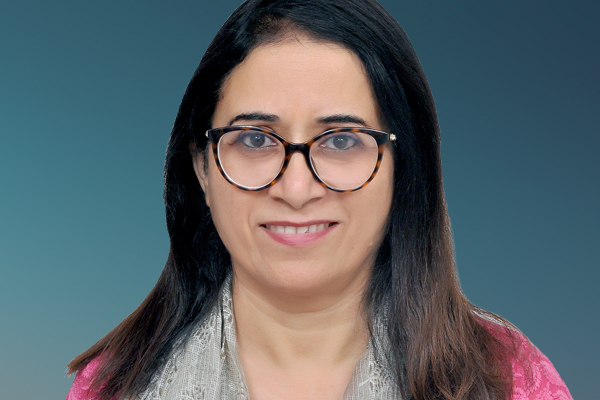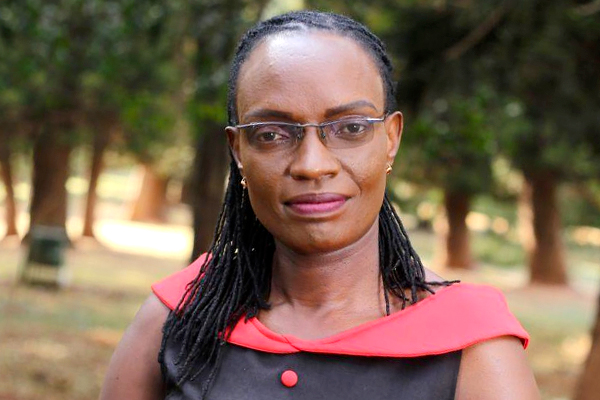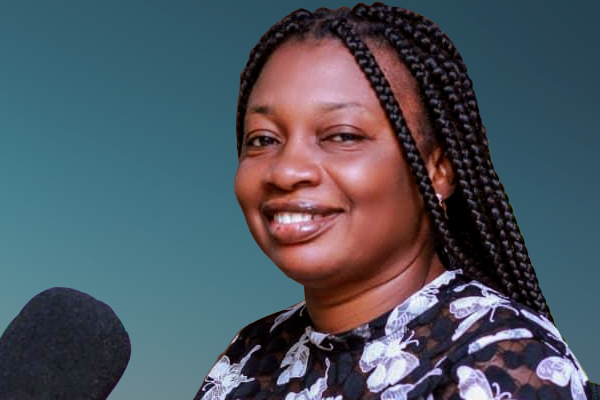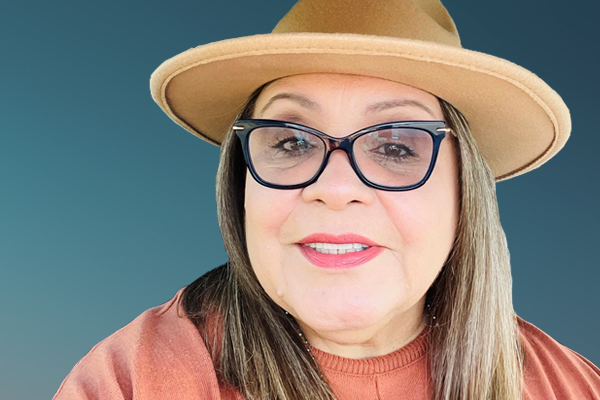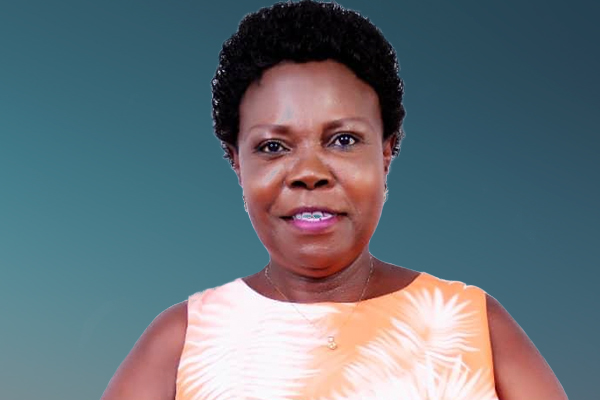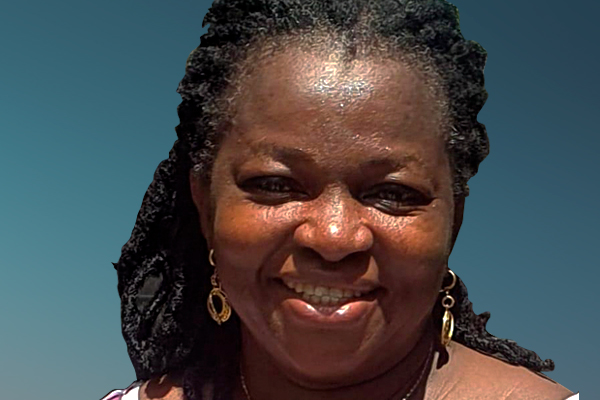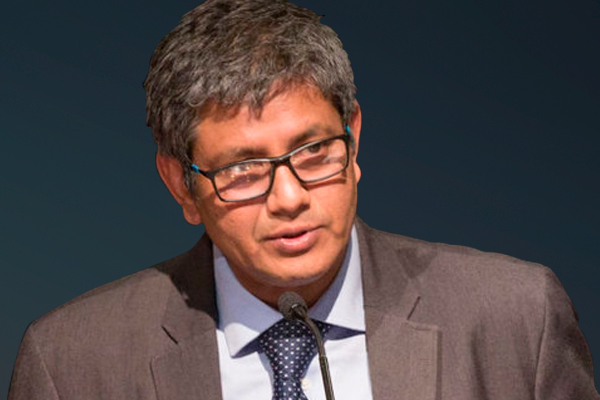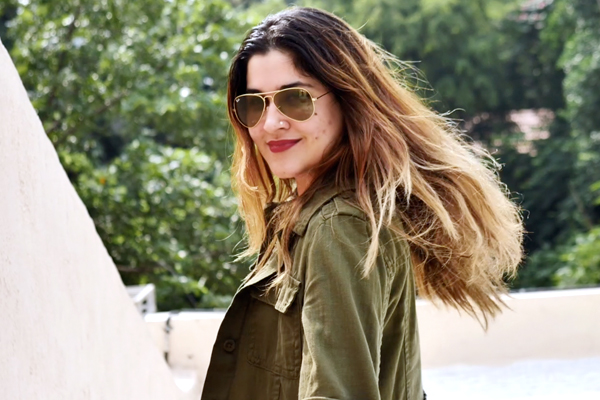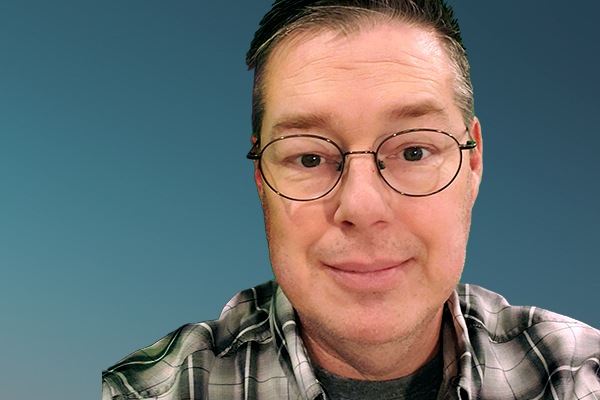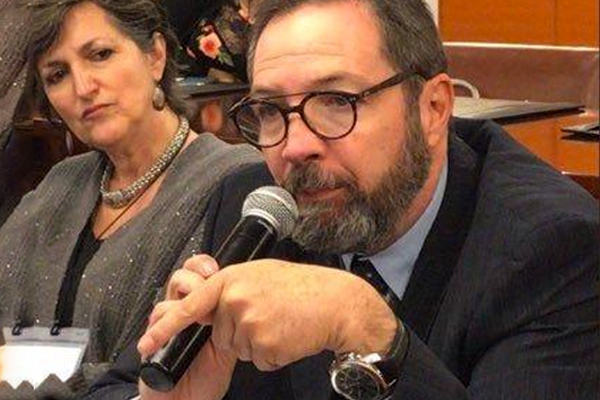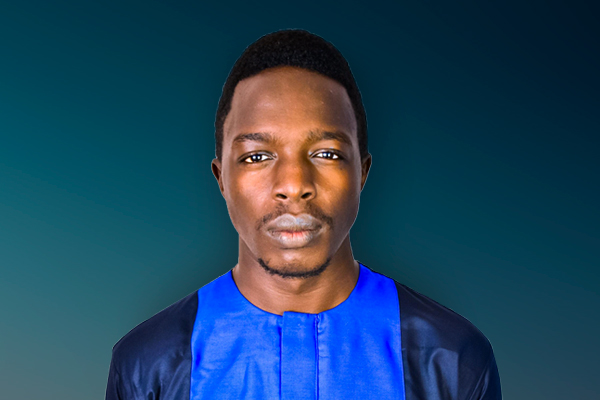Hello.
Welcome to Series 5 of the NCD Diaries, documenting the lived experiences of people living with NCDs across the globe. My name is Christopher Agbega from Ghana, West Africa. I live with hereditary motor sensory neuropathy, which I later discovered was responsible for my damaged nerves and wasting muscles. I have managed and lived with this paternally inherited disease for the past sixteen years. In this episode, I tell the story of my NCD journey and the realities I have faced within Ghana's health system when it comes to equitable access to NCD services, ranging from inadequate insurance coverage to indifference towards the palliative care I need to fully reintegrate into my new reality. I also share the socioeconomic circumstances that prevented me and still prevent me from accessing critical services right from my diagnosis to managing my condition.
Before 2007, I was the life of the party with many friends and unmatched energy in every curricular and extracurricular activity both at home and in school. On one regular school day, I woke up excited as usual and prepared hastily for school; I was then a 16-year-old second-year student at the St. Thomas Aquinas Senior Secondary School in Accra, Ghana. As I walked to school that fateful day, I suddenly felt that my strength just left me, and after each passing minute, I kept sweating profusely; I painfully made my way to the bus stop and then to school regardless. From then, I started to experience general body weakness and painful sensations in my legs and feet. I had no idea what condition I was suffering from; my family and I were fighting an unknown disease with a silent hope that my condition was temporary. The physical manifestation of my symptoms sparked levels of stigma from friends both at home and in school. Though difficult to deal with, I built a strong mental fortitude to look away from their ill gestures and derogatory comments.
This was such a dark time for me and also for my dad because we lived together during the secondary school days. I saw my once happy and energetic father enter into a deep depression, and it was difficult for me to come to terms with what he was going through and what I had started dealing with health-wise. We had no source of income, so there were days when we went to bed with very little to eat, and I had to stay home on certain days because there was nothing to go to school with. Eventually, we had to part ways in 2009, just when I had miraculously completed school. This was because our rent was due, and it would be less expensive for him to return to the village while I moved in with my mom and figured my life out.
Between the onset of my first symptoms in 2007 to completing senior secondary school in 2009 I visited the general hospital in Accra in hopes of an early diagnosis. This was no easy task as it came at a time where I was in school trying to stay focused on my studies while dealing with the symptoms as well as the lack of finances to cater for basic needs. This became a problem as we weren’t able to keep up with the doctors' lab and scan requests at the hospital due to our inability to pay them and unfortunately I knew very little about the National Health Insurance at the time. What was even more frustrating was the lack of patience from the doctor I met who understood nothing when I explained what I was going through but instead they prescribed general tests and scans and signalled to the nurse that I leave the consulting room to make way for the next patient. Eventually this yielded little results since I wasn’t able to sustain my trips to the hospital with minimal support from my mom and I also had school to deal with.
I had no idea what condition I was suffering from; my family and I were fighting an unknown disease with a silent hope that my condition was temporary. The years that followed after school in 2009 were filled with uncertainties as I didn’t know what to do with my life or what direction I was headed. Looking at friends sharing images of their life in university while I moved from one hospital to the next and one prayer camp after another created emotional turmoil, leading to a loss of self-esteem. I tried to do something with myself, and that’s when I started learning how to play the keyboard/ piano in church, which sparked the true beginning of my musical journey. It was also during this period that I restarted my medical journey again after what happened between 2007 and 2009. I ensured that I registered for the Ghana Health Insurance Scheme in hopes that the cost of my medical expenses will be catered for by the state.
The year now is 2011/2012. After going to the Mamprobi polyclinic where I was seen by a physician assistant, I was transferred to the orthopedic unit of the Korle-Bu Teaching Hospital. I will soon find out the harsh reality, that the physician assistant made so many mistakes and was unclear on my referral letter about what had been discovered about my diagnosis, which angered the doctor I met at the orthopedic unit. I will soon find out that what I was going through had nothing to do with my bones after conducting a number of scans paid for out-of-pocket because the hospital scan systems were not functioning and so I had to use the services of private labs where the NHIS was not accepted. After this long ordeal I was finally referred to the physician specialist unit, the unit I should’ve been referred to. Unfortunately, I was met with a hurdle at the very early stages of my engagement at the physician specialist unit. I was told I needed an Magnetic Resonance Imaging (MRI) scan and after enquiring, it was clear that I didn’t have the means to pay for the scan nor did the NHIS cover the cost.
Initial assessments from the immediate primary healthcare level suggested I have a diagnostic MRI to ascertain the actual condition. It is worth mentioning that a typical health centre in Ghana, responsible for providing primary healthcare within communities, is usually limited with diagnostic services due to lack of equipment and specialists. Every diagnostic need is referred to the nearest district or regional hospital. My circumstances were not an exception; the cost of transporting myself to the nearest hospital and the prescribed diagnostic services were limited. I watched my muscles deteriorate each day for the next nine consecutive years while trying every affordable medication to ease my pain and weakness.
Fast forward to 2015, and I started my first 9-5 job at an online radio station, 'XLive Africa Radio' as the host of the Morning Show. This opportunity slowly but progressively brought me into a place of self-esteem and optimism. I could finally come out of my shell and do something that stopped me from looking down on myself.
In 2016, and in a twist of events, I caught the attention of a close friend of the owner of the radio station, and he decided to help me get the diagnosis I had longed for. I’ll refer to him as Mr. C. A week after we first spoke, he called to inform me that he booked an appointment for me with a friend of his who happens to be a doctor to help with my diagnosis. Little did I know that this doctor friend of his owned one of the well-known private hospitals in the country. The day of the scheduled appointment finally arrived which was the beginning of what I will call 'the relief period' since I finally had access to quality healthcare at no cost. After a series of tests over a couple of months, which was fully funded out-of-pocket by Mr. C and the owner of the hospital, I was diagnosed with Hereditary Motor Sensory Neuropathy. After my medical diagnosis in 2016, I had to come to terms with my new reality of living permanently with an NCD. My life changed in many ways, having to choose daily between pursuing my academic and creative dreams or investing in the never-ending management of my condition with expensive medications and therapies.
Managing hereditary motor sensory neuropathy in Ghana is costly; after my diagnosis, I got a long list of medications, therapies, meals and to-do lists. To my amazement, however, I discovered that the national health insurance scheme does not cover my needs to survive; it is paid entirely out-of-pocket. For this reason I haven’t been enthused to register for a new Health Insurance card since it relatively covers little when it comes to my health needs. Accepting that I needed to cover all these expenses out-of- pocket, especially with my condition where I have difficulty with mobility, my hope was close to none. On average, I spend not less than $100 USD a month on my medication alone, which keeps fluctuating from one month to another due to inflation. The cost of my specialized treatment meals and unfriendly mobility challenges further accentuate the discomfort associated with my condition. Unfortunately, due to Ghana’s economic difficulties, I sometimes cannot afford the cost of treatment. I either reach out to friends and family for financial support or have to skip my medications.
I cannot overemphasize how the inequities within Ghana’s health system contributed to my delayed diagnosis and how the daily out-of-pocket payments are a hindrance to my overall well-being. Mine is an example of someone who had no knowledge of my condition. I am an example of late diagnosis. I represent the many individuals and families who make daily compromises to ensure that they or their loved ones are somewhat safe while living with an NCD.
That will be all for now. See you again in my next episode of NCD Diaries!

